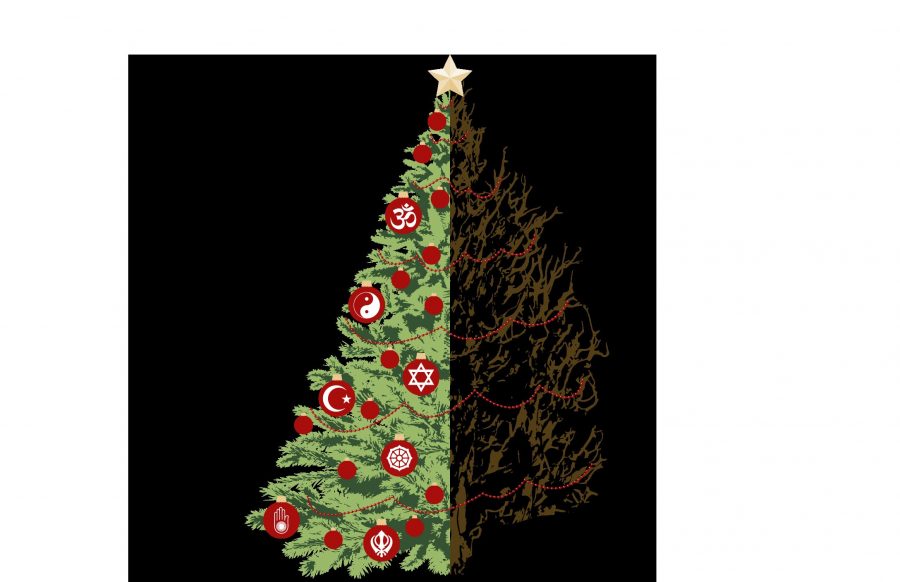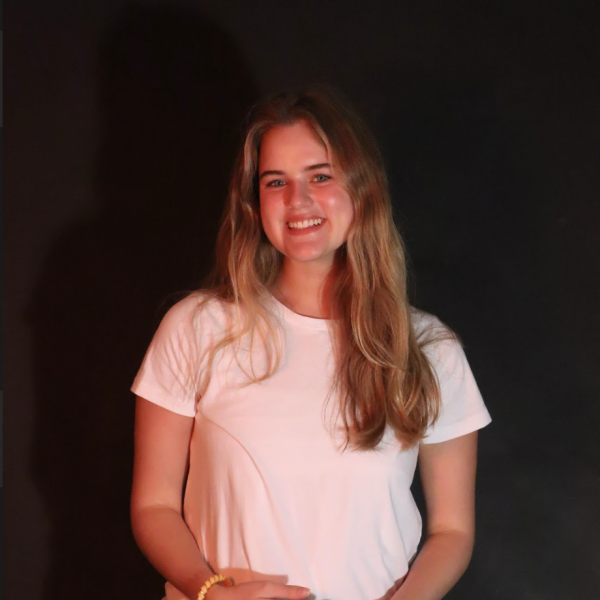As the days get shorter and the nights get colder, seasonal depression rears its ugly head. Usually a time for happiness and winter festivities, many are plagued by the “holiday blues.” In the time after Thanksgiving, senior Paulo Botelho said he already starts to experience symptoms of this seasonal depression.
“Right around November, I start to feel this way,” Botelho said. “Where I just don’t really see a point in anything.”
Holiday depression, also known as the holiday blues, has been a heavily discussed topic in the 21st century due to its abnormal timing. This is characterized by the feeling of sadness through what should be a happy holiday season.
“I feel like part of it is because of the portrayal of [the] media,” Botelho said. “It kind of sets expectations of how we should interpret certain times of the year. And I feel like if we don’t feel what the media wants us to, it makes us feel like there’s something wrong.”
The holiday season can trigger a lot of emotions as it is a time of change and stress for many. According to PubMed central, approximately 14 percent of Americans experience the holiday blues.
“I think one of the reasons people experience holiday depression can be because of a traumatic experience that happened to them around this time,” Botelho said. “I think that also just the chaos of the holiday season and the change in weather can be a cause of it.”
Holiday Blues can also be compared to seasonal affective disorder, or SAD. The holiday blues, as well as SAD, are both widespread disorders that impact many people throughout the changing seasons. While holiday blues focus on the holiday season itself, seasonal affective disorder is due to the change in weather. Particularly the decrease in light exposure. Though both have to do with the change in seasons and decrease in light exposure.
“We believe that the cause of seasonal depression has to do with light,” psychology teacher Donna Walker said. “It has nothing to do with the cold weather. It has to do with the amount of light we are exposed to and how it affects the photoreceptors in our eyes.”
Trinity alumnus Caio Marques started attending Cornell in the fall. These extreme differences in weather caused him to develop seasonal affective disorder, something that he didn’t have when he lived in Florida.
“It was definitely harder getting used to the weather difference, especially the lack of sunlight and full months of cold weather and snow,” Marques said. “Living in a cold state makes life much harder due to the snow and well the cold weather itself, especially in Cornell where it is always rainy and cloudy.”
Marques said that the weather has impacted his work ethic and motivation. He began to experience SAD as the weather began to cool down and light exposure decreased. This has had a direct effect on his ability to function as a new college student.
“Colder weather definitely makes me more upset,” Marques said. “There is a big difference from waking up with the sun shining and warmer temperatures, than when you wake up and it is rainy and cold. It makes me feel unmotivated, and it makes it hard to want to leave my dorm room. ”
Many people come to Florida to combat seasonal affective disorder where, because of the warm, sunny climate, people don’t experience SAD.
“Being in Florida can prevent seasonal affective disorder because we don’t have that light issue that many other people have,” Walker said. “We don’t have a season where we’re deprived of light. So seasonal affective disorder doesn’t affect students here as much.”
There are ways to combat SAD. According to Johns Hopkins Medicine, the main way to treat SAD is to use light therapy. Light therapy is the exposure of light, using either natural light or in most cases, artificial light.
“Because the cause of seasonal affective disorder is caused by a lack of light, they will prescribe to you to go walk around malls to go walk around under lights, because that light replicates the waves that are found in natural sunlight,” Walker said.
While people in Florida don’t experience SAD, they can experience Holiday depression.
“What I’ve observed is that if the holidays are a struggle for you, it probably will come and go in waves,” Walker said. “I think even if you’ve had some rough years with some holidays, it doesn’t mean that it has to be that way forever.”




